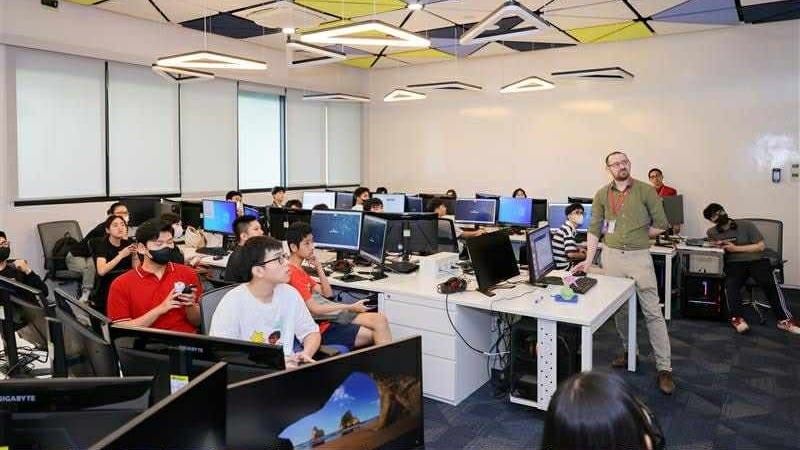
This is not only BUV's own achievement but also a bright spot contributing to the process of realizing the National Digital Transformation Strategy and the Digital Transformation Program of the Education Sector to 2025, with a vision to 2030.
To achieve this achievement, BUV had to overcome many "competitors" who are leading educational institutions in Asia such as Hong Kong Polytechnic University (in the top 100 universities in the world according to the QS World University Rankings 2025); Singapore Polytechnic (Singapore University of Social Sciences ) or Hong Kong City University (famous for its pioneering e-learning applications).
EDUtech Asia is an annual award in the field of education and technology founded and operated by Terrapinn Group. This is one of the most prestigious awards in Asia -Pacific , gathering hundreds of initiatives from leading universities, research institutes and technology enterprises. With strict evaluation criteria and a jury of international experts, EDUtech Asia is considered a "measure" reflecting the level of innovation in higher education in the region.
In the AI Innovation in Education category, candidates are evaluated based on the level of innovation, practical impact and scalability of AI application initiatives in teaching, learning and university administration.

Vice Principal and Vice President of BUV, Professor Rick Bennett affirmed: Instead of being reserved or prohibiting, the school considers AI an inevitable tool and is a pioneer in building a scientific assessment system to integrate transparency and responsibility in academia.
It was this choice that opened the journey that helped BUV be honored in the category of AI Innovation in Education. BUV equips students with the digital luggage to enter the global labor market, where AI is an indispensable tool, not a barrier.
According to Associate Professor Mike Perkins, Head of the BUV Research and Development Center, since 2022, when the wave of artificial intelligence has exploded, BUV has built an AI Assessment Scale (AIAS) system with 5 levels that clearly define the level of AI use in each exercise, from "no AI" to "fully AI".
This system not only helps lecturers and students have a common reference frame but also orients the use of AI towards developing critical thinking and sustainable academic capacity. In fact, it has shown clear effectiveness. After just one semester of application, the rate of AI-related violations decreased from 6.5% to 0; the passing rate increased by more than 33% and the average score of the whole school increased by nearly 6%.
From an internal initiative, AIAS has quickly gained international recognition, applied in more than 300 universities around the world, translated into 27 languages and recommended by TEQSA (Australia) as a typical model of AI integration.
AIAS was created to turn fear into opportunity. The rating scale not only protects academic integrity, but also helps students learn to live with technology.
Source: https://nhandan.vn/dai-hoc-viet-nam-lot-top-giai-thuong-doi-moi-tri-tue-nhan-tao-chau-a-post912337.html


![[Photo] National Assembly Chairman Tran Thanh Man attends the VinFuture 2025 Award Ceremony](/_next/image?url=https%3A%2F%2Fvphoto.vietnam.vn%2Fthumb%2F1200x675%2Fvietnam%2Fresource%2FIMAGE%2F2025%2F12%2F05%2F1764951162416_2628509768338816493-6995-jpg.webp&w=3840&q=75)


![[Photo] 60th Anniversary of the Founding of the Vietnam Association of Photographic Artists](/_next/image?url=https%3A%2F%2Fvphoto.vietnam.vn%2Fthumb%2F1200x675%2Fvietnam%2Fresource%2FIMAGE%2F2025%2F12%2F05%2F1764935864512_a1-bnd-0841-9740-jpg.webp&w=3840&q=75)




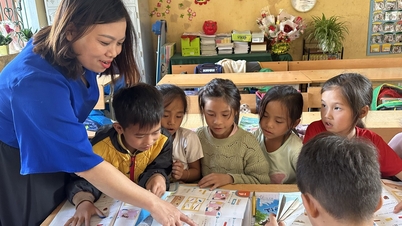


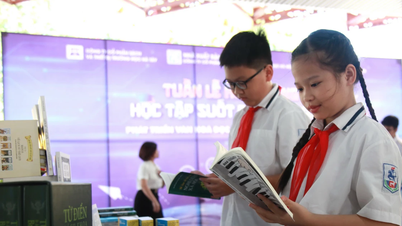

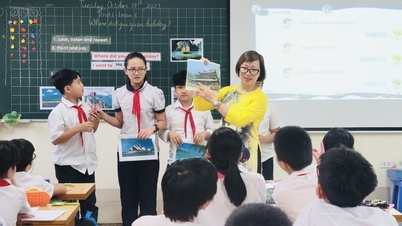

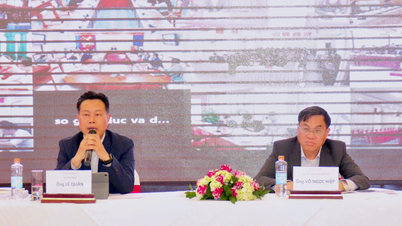




![[Photo] National Assembly Chairman Tran Thanh Man attends the VinFuture 2025 Award Ceremony](https://vphoto.vietnam.vn/thumb/402x226/vietnam/resource/IMAGE/2025/12/05/1764951162416_2628509768338816493-6995-jpg.webp)
![[Infographic] Air pollution and recommendations from the Ministry of Health](https://vphoto.vietnam.vn/thumb/402x226/vietnam/resource/IMAGE/2025/12/05/1764950568593_screen-shot-2025-12-05-at-222015-png.webp)












































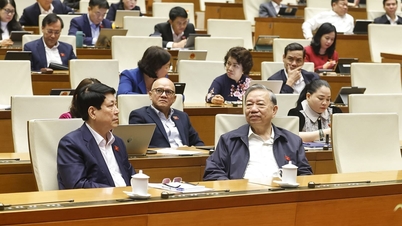








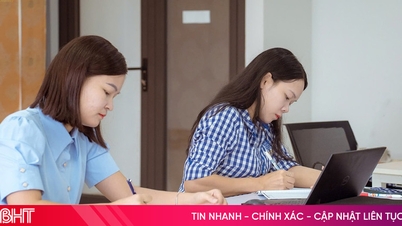

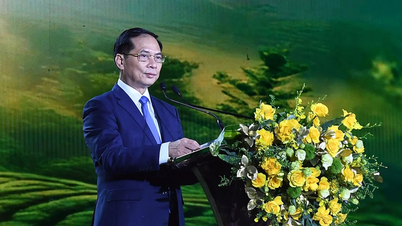


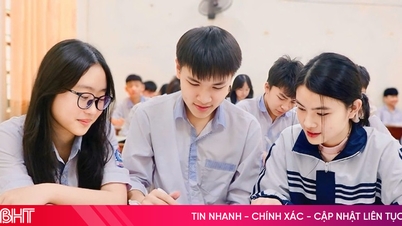




















Comment (0)